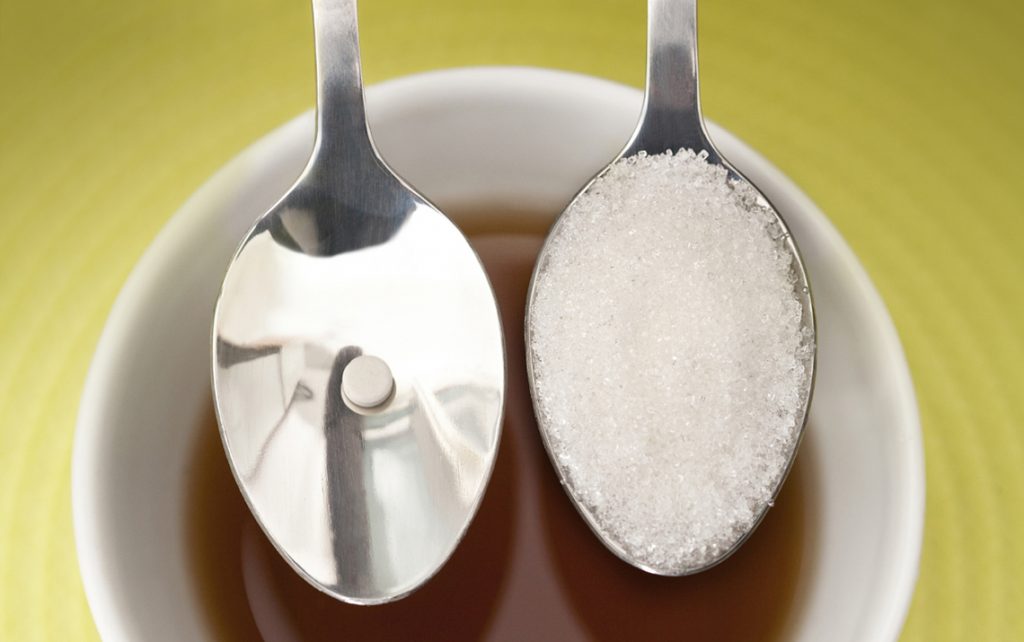Understanding Different Types of Sugars
Sugar, a seemingly simple ingredient, has a multitude of variations. Demystifying Sugar and Its Alternatives is the goal here. To make an informed decision about sugar consumption, it’s crucial to understand the differences between the most common types: granulated, brown, and raw sugars.
Granulated sugar, or white sugar, is the most common type of sugar. It is derived from sugar cane or sugar beets and goes through a refining process to remove impurities and create a consistent product. Brown sugar, on the other hand, is simply granulated sugar with added molasses, giving it a moist texture and a rich, caramel flavor. Lastly, raw sugar is minimally processed, retaining some of the natural molasses and a coarser texture.
Health Benefits and Drawbacks of Sugars
While sugar is a source of energy and provides a sweet taste to our food, excessive consumption has been linked to several health issues, such as obesity, type 2 diabetes, and heart disease. This is primarily due to the fact that sugar is high in calories but low in nutritional value.
However, not all sugars are created equal. Raw sugar, for example, retains trace minerals and nutrients that are lost during the refining process of granulated sugar. This makes raw sugar a slightly healthier choice, though moderation is still key. My doctor once told me when food shopping, stick to the outside aisles of the store.
Artificial Sweeteners: Benefits and Drawbacks
In response to growing concerns about sugar consumption, artificial sweeteners have become a popular alternative. They provide a sweet taste with little to no calories, making them an attractive option for those looking to manage their weight or blood sugar levels.
Despite their benefits, artificial sweeteners have also faced their fair share of controversy. Some studies have suggested that these sweeteners may cause health problems, such as an increased risk of cancer, though the evidence remains inconclusive. Additionally, artificial sweeteners can sometimes cause digestive issues, as well as an aftertaste that some people find unpleasant.
Making the Best Choice for Your Health
When it comes to sugar consumption, moderation is key. Consider using raw sugar, when possible, as it retains some nutrients and has a more natural taste. As for artificial sweeteners, they can be a helpful tool for those with specific dietary needs, but it’s essential to stay informed about potential side effects.
Making healthy choices in a world full of added sugars and artificial sweeteners can be challenging, but it is possible with some awareness and proactive steps. Here are a few tips to help consumers make healthier choices:
- Read food labels: Be sure to carefully read the labels of packaged foods to check for added sugars and artificial sweeteners. Look for terms like high fructose corn syrup, sucrose, glucose, fructose, maltose, dextrose, and sugar alcohols like erythritol or xylitol.
- Choose whole, unprocessed foods: To reduce the consumption of added sugars and artificial sweeteners, focus on eating whole, unprocessed foods such as fruits, vegetables, whole grains, lean meats, and dairy products. These foods are naturally lower in added sugars and often provide essential nutrients.
- Cook at home: Preparing meals at home allows for better control over ingredients and portion sizes. This can help reduce the amount of added sugars and artificial sweeteners consumed.
- Use natural sweeteners in moderation: When sweetening foods or beverages, opt for natural sweeteners like honey, maple syrup, or stevia, but use them sparingly. Even natural sweeteners should be consumed in moderation to prevent excessive sugar intake.
- Reduce portion sizes of sweet treats: Enjoy sweet treats like desserts and candies in smaller portions to limit sugar consumption. Sharing a dessert or opting for a mini-sized treat can help reduce overall sugar intake.
- Choose healthier alternatives: When looking for sweetened products, such as yogurt or cereal, choose options with lower amounts of added sugar or those sweetened with natural alternatives.
- Educate yourself: Stay informed about the latest research and recommendations regarding sugar and artificial sweeteners. This knowledge will empower you to make healthier choices.
- Gradually reduce sugar consumption: Reducing sugar intake can be challenging, especially if you have a sweet tooth. Start by gradually reducing the amount of sugar in your diet, and your taste buds will adapt over time, making it easier to enjoy less-sweetened foods.
For More Information Demystifying Sugar and Its Alternatives
- American Heart Association – Sugar 101: https://www.heart.org/en/healthy-living/healthy-eating/eat-smart/sugar/sugar-101
- Mayo Clinic – Artificial Sweeteners and Other Sugar Substitutes: https://www.mayoclinic.org/healthy-lifestyle/nutrition-and-healthy-eating/in-depth/artificial-sweeteners/art-20046936
- World Health Organization – Guideline on Sugars Intake for Adults and Children: https://www.who.int/publications/i/item/9789241549028

